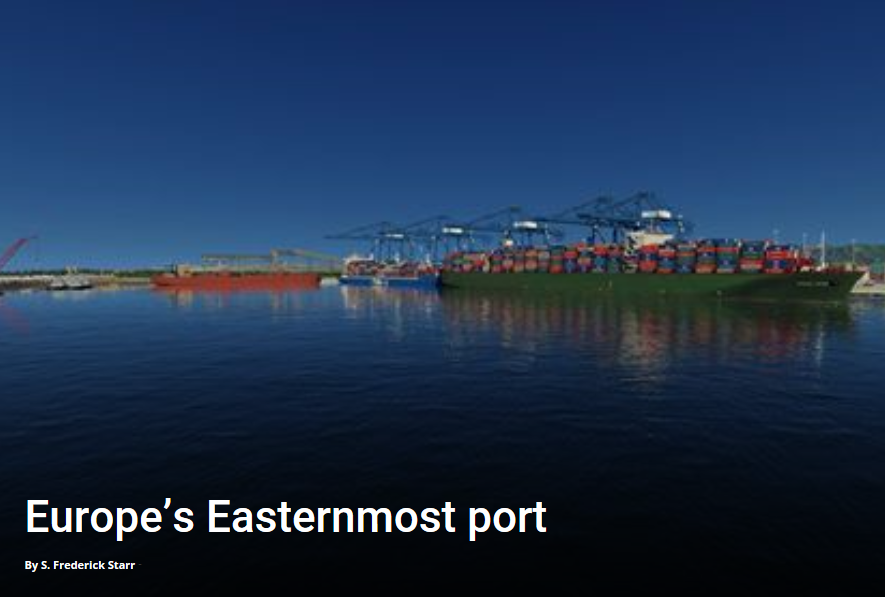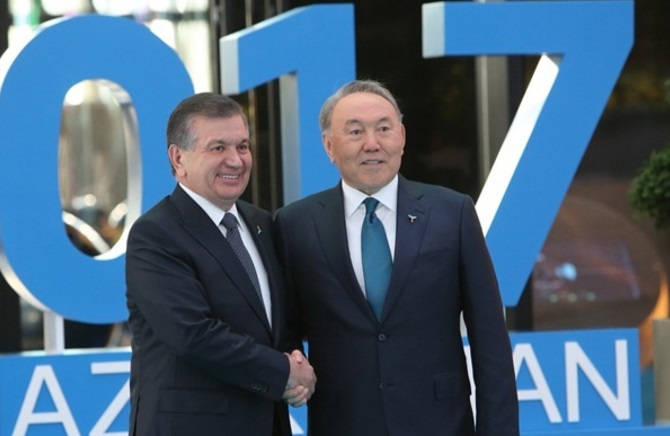In August of 2008, Russia used separatist proxies in South Ossetia to attack Georgian villages near the city of Tskhinvali. The attack provoked a Georgian military response, which Moscow used as a pretext for a largescale invasion and occupation of Georgian territories.
Russia did not embark on that military adventure simply to occupy Georgian territories. It had a more important strategic goal in mind—to prevent an eastern enlargement of NATO. Russian President Vladimir Putin calculated, correctly as it turned out, that the Russian commitment to keep Georgia out of NATO was much greater than the Western commitment to Georgia’s security.



